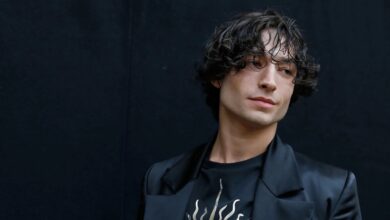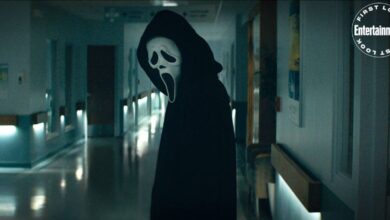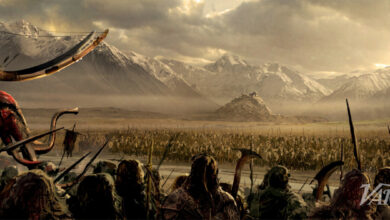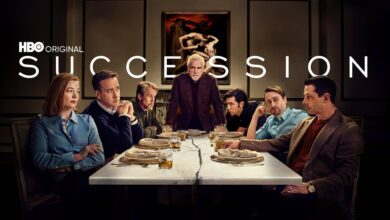The Crown: Case, From Idyll to Storm is the Netflix Phenomenon at Risk? Here Is Our Views
The wait is over: the fifth season of The Crown has just been released, the award-winning Netflix TV series dedicated to the biographical events of Queen Elizabeth II and, for the first time in the history of the show, the voices of fans who await with interest and curiosity the arrival of the new episodes are dominated by the criticisms of those who accuse Peter Morgan’s production of sensationalism and lack of historical objectivity. Shortly before, it was former British Prime Minister John Major who labelled the show as “a series of nonsense”, with particular reference to the episode in which, according to the first anticipations, Prince Charles will propose to the Prime Minister a plan to make abdicate his mother, Elizabeth.
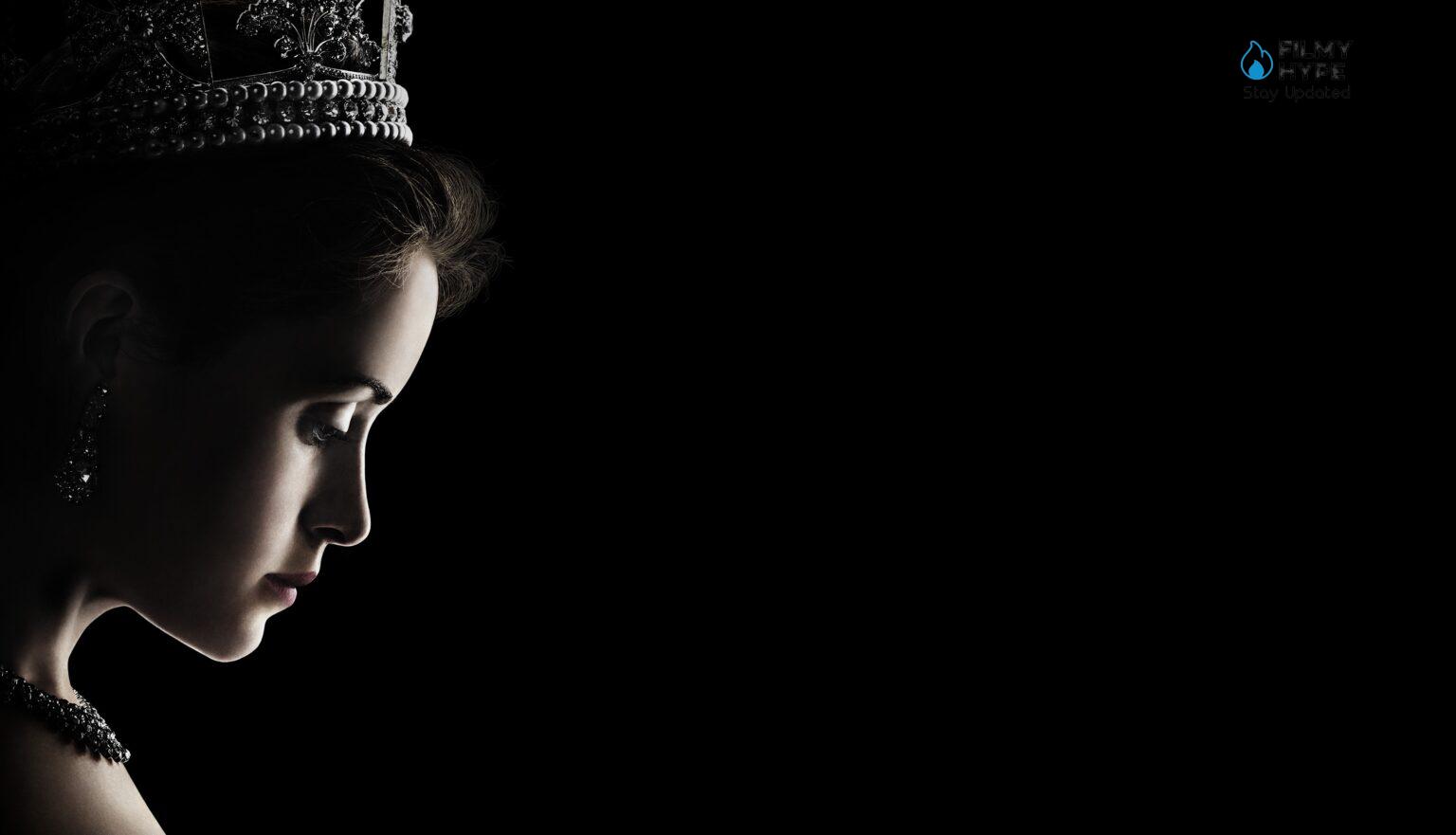
The request that Judi Dench has addressed to Netflix is to review the artistic direction of The Crown or, at least, consider the inclusion of a disclaimer, or a clarification that reminds viewers that what is seen on the screen is the result of pure fiction. storytelling. The streaming platform, on her part, rejected the actress’s proposal to the sender and confirmed that the series will continue to be explicitly defined as “inspired by historical facts”, fueling further controversies.
Yet, just a few years ago, on the wave of the success of the first season, various sources close to Buckingham Palace had leaked how various members of the royal family were following the TV series with favour, and perhaps among them, there was also Elizabeth herself. Let’s try to retrace how The Crown went from idyll to storm in its relations with British public opinion, in an attempt to understand a little better the reasons for the violent controversy that seems to loom over the last two seasons of Peter Morgan’s show.
The Crown: Black Clouds on the Horizon
The first season of The Crown made its debut at the beginning of November 2016, in what, even in terms of quality, was the golden age of Netflix: from its earliest days, the Peter Morgan series has immediately received the unanimous applause of the public and critics, but above all, it has succeeded in winning a silent and discreet approval from the English royal house itself.
Even then, however, it was widely foreseeable that things would inevitably be destined to change, since the project had immediately taken into account the creation of six seasons dedicated to the various decades of Elizabeth’s long reign, promising to also delve into the darkest and most controversial moments of his long reign. That a storm was coming, in short, was already widely predictable from the first day.
The Crown 2016-2022: What Has Changed?
Behind the end of the idyll between English public opinion and the Netflix phenomenon, there is, first of all, a simple question of perspective. Naturally, the first two seasons of the series brought a coming-of-age story to the small screen, in which the human face of the English monarchy was revealed. The young Elizabeth played by Claire Foy was an imperfect heroine, a tormented protagonist with whom all viewers could well identify. The poetics of the series seemed to turn a sympathetic – and sometimes even indulgent – look towards her most unpopular choices, highlighting how these decisions were also the fruit of the painful transition from girl to queen, and from human to idealized monarch.
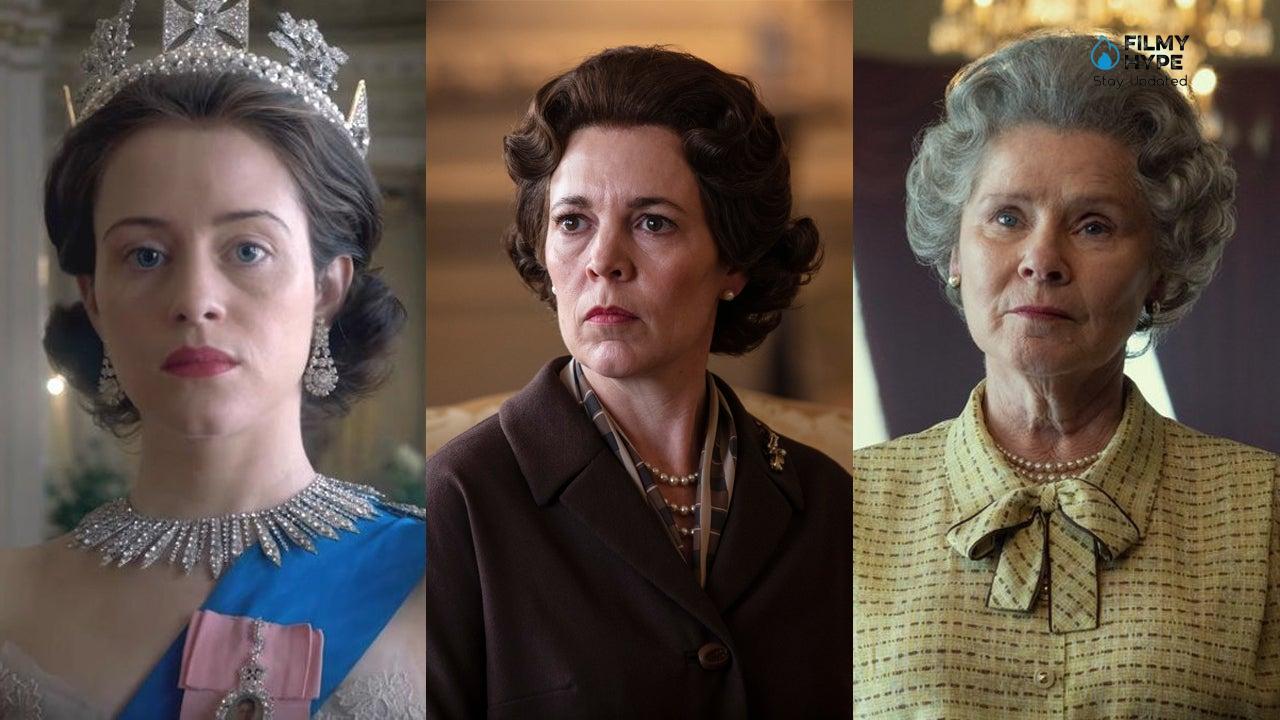
The real antagonist of the story was, if anything, precisely that crown that gives the series its title, a tangible symbol of the set of cold superhuman principles and ideals that always ends up oppressing and transforming anyone who sits on the throne of the Windsors, overwhelming even all those who are part of his life. The consequences of this approach, however, were clear from the outset.
With the passing of the seasons the series has gradually evolved, photographing a slow and gradual domino effect: the crown wears out, dries up and corrupts individuals, and leads them to isolate themselves more and more, transforming them from victims to executioners (without ever abandoning even the first of the two roles), and Elisabetta, Filippo, Margaret, Carlo, Anna and their families are certainly no exception. Their characters become more and more opaque and problematic, tormented by remorse, resentment and weakness, and the choice to show their human face ends up not having those flattering effects that had emerged from the first seasons.
An Epochal Turning Point
To touch a nerve, however, is also and above all the approach of the television story to the personal memories of the spectators: with the arrival of the fateful nineties, the series finds itself dealing with controversies and scandals that still echo in the memory today. collective, such as the tragic death of Lady Diana, her conflicted relationship with Prince Charles and the role played by Elizabeth in the course of the whole affair. Regardless of how they are told, it is the same historical facts that bring with them a heap of unresolved tensions and disputes, due to the strong trauma that still accompanies them. This is not a mere chronological question, but also and above all the drastic cultural change that revolutionized the media exposure of the British crown at that time.
In the 1950s and 1960s, the sanctity of the monarchy was still intact, and the queen’s life was surrounded by an almost hieratic aura of silence and reserve. Consequently, the narrator of the first two seasons had ample room for maneuver at his disposal, and the narrative innovations were but a harmless enrichment compared to the many gaps in the official story. Between the end of the 1980s and the beginning of the 1990s, however, the sacred fear dissolved and the indiscreet gaze of the tabloids appeared even in the most secret corridors of Buckingham Palace. What used to be simple murmurs have become printed words, color images and video footage that made history. Consequently, even the margin available for Peter Morgan’s story tapers to almost zero, forcing the fifth season of The Crown to enter a real minefield.
The Queen is Dead, Long Live The Queen
As if the situation weren’t already delicate enough, an epochal event occurred a few months after the release of the fifth, controversial season of the series: the death of Elizabeth II. The disappearance of the queen, the historical face of the United Kingdom since 1952, represented a traumatic change, the echo of which is still felt today: from the empire to Brexit, and from Winston Churchill to Covid-19, Elizabeth was one of the great constants of British imagery, and his death forced the whole of humanity to take note of the end of one era and the beginning of another, characterized by strong uncertainties and gloomy forecasts for the near future.
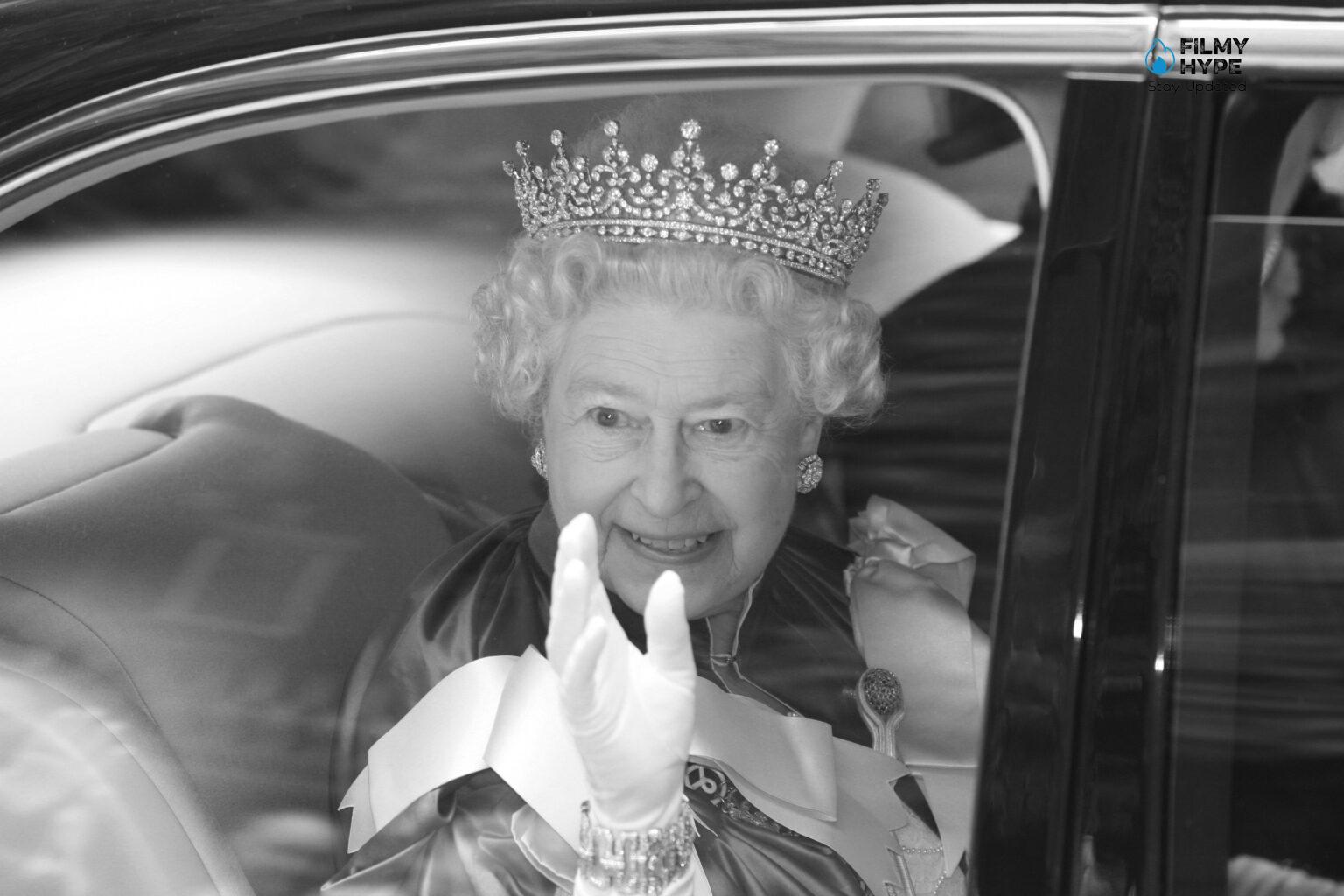
The relationship between public opinion and the crown has changed again, with a clear reversal: if in the 1990s and 2000s the court scandals had brought out the darkest shadows of the Windsor house, now the widespread nostalgia for the era that has just ended and popular affection for the recently deceased queen are restoring a veil of taboo on the less edifying backstories of the English monarchy.
Due to a surprising temporal concomitance, to say the least, being on the opposite side of the fence – in the wrong place at the wrong time – is once again the new season of The Crown, which, it should be remembered, had already finished filming in December. 2021, long before the death of the sovereign. Or perhaps, the most disenchanted readers will observe, perhaps the Netflix series is in the right place at the right time, provided it can transform the hype of controversy into new viewers…
When History Meets Fiction
Here we are, then, with the recent attacks by Judi Dench and John Major, who accused The Crown of confusing history and fiction, losing sight of historical objectivity and mystifying the reality of the facts. Even without having yet had the opportunity to see the new episodes of the Netflix series, we can confidently confirm that their statements carry with them at least a grain of truth.
From the beginning, the series has taken extensive narrative licenses on the events that are transposed on the small screen, in some cases by completely changing the dynamics between the characters, and in others by winking at the “unofficial versions” of the events. . At the same time, it is the same detractors of The Crown who recognize the show’s high degree of verisimilitude, to the point of accusing the series of being able to blur the line between real facts and fictionalized events in such a clever way as to make viewers lose cognition. which ones are, and which others.
On closer inspection, however, by doing so they involuntarily end up confirming the artistic goodness of the product, since the aim of the series is precisely to propose an elegant mixture of history and fiction, as is that of Victoria, Becoming Elizabeth, The Tudors, The Serpent Queen, The Spanish Princess and many other TV series that belong to this genre. It will be up to the more attentive and aware viewer to try to unravel the problem, deepening the historical facts narrated on the screen, going beyond mere entertainment.
TV Series or Documentary?
With all due respect to the questionable request to insert a disclaimer to clarify what should already be obvious to everyone, it is indeed appropriate to remember that The Crown is a period drama, that is a work of fiction inspired by historical facts, and certainly not a documentary or a Docu-drama, to which, on the other hand, it could more than legitimately be accused of lack of historiographic objectivity. The controversy seems to echo the one that, in the literary field, invested in The Da Vinci Code by Dan Brown in 2003: in that case, the American writer was asked to clarify that the content of his novel was the fruit of fantasy and did not reflect a historical truth, despite the very definition of “novel” was more than sufficient to place it rightfully in the sphere of artistic creation, and not of non-fiction.
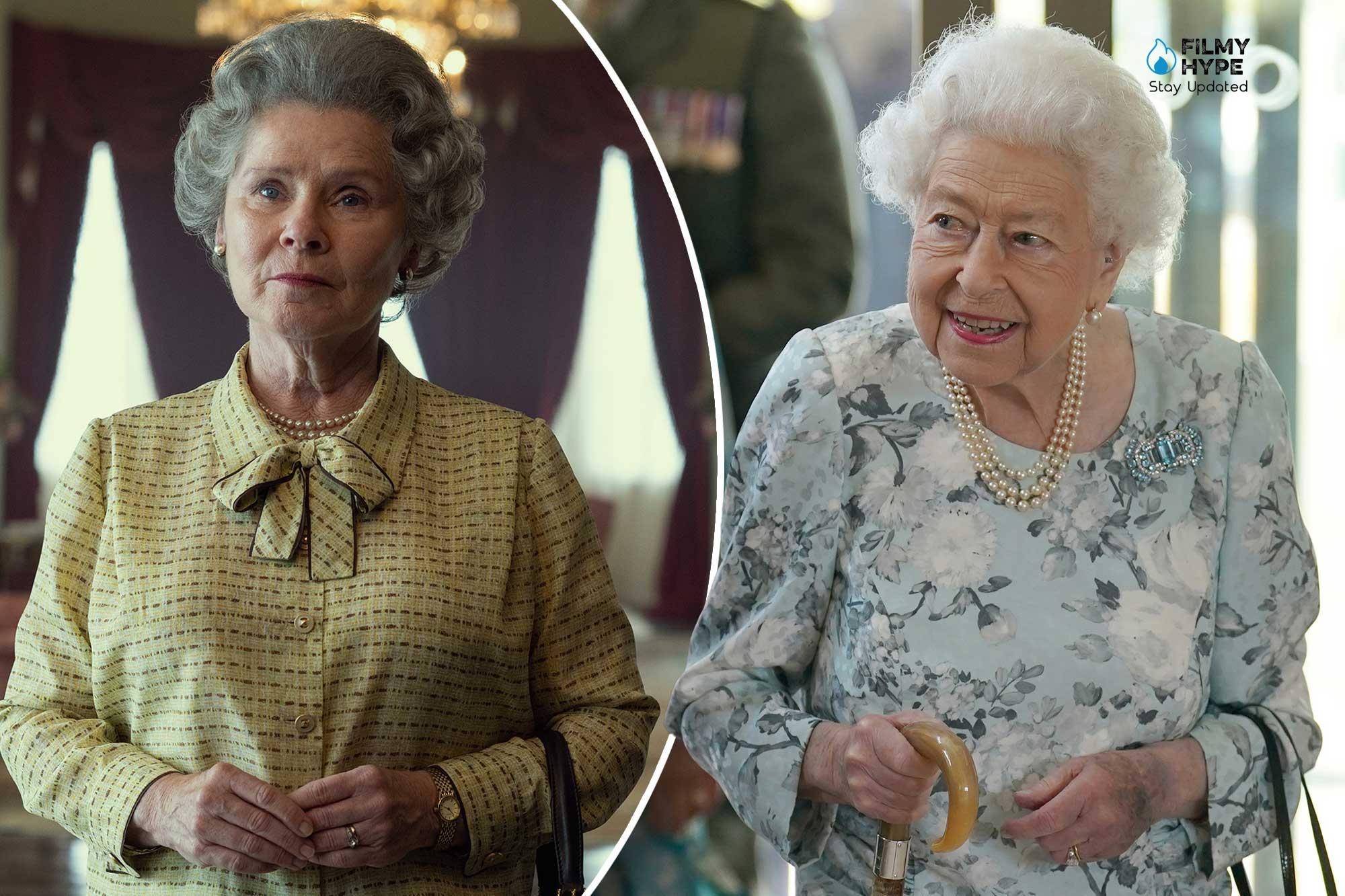
Against a work of fiction with a historical background, such as a novel or a TV series, the only legitimate accusation can be, if anything, the opposite one, that is, of digging a too-marked gap between history and narration, ending up by deviating too coarsely. and imaginative from the starting material. In this case, making a mixture of truth and fiction becomes impossible, and the author’s initiative ends up prejudicing any form of entertainment. Portraying Winston Churchill as a good friend of Prince Philip because of his family’s German origins, Charles and Diana as a happily married couple, or Elizabeth as an enthusiastic advocate of Margaret Thatcher’s conservative policies are good examples of poor adherence to sources, which would immediately disqualify the quality of the series.
On the contrary, the choice to include in the show some fictional narrative ideas so plausible that they can pass for real in the eyes of the less experienced viewer only distances the TV series from the documentary genre, and guarantees artistic space to the author, confirming the goodness of its creation. Why then is Peter Morgan asked to clarify that the plot of The Crown is the fruit of fictional fiction and the same request has not been made, for example, towards Michael Hirst, for his series The Tudors and Vikings? As in the case of Dan Brown, it is a simple matter of opportunity…
The Dilemma of the Impossible Comparison
And here we are at the main point of the controversy. The Crown certainly has no “lack of historical objectivity” any more than any other historical TV series currently in circulation. And, of course, none of the other period dramas has ever raised the issue of exhibiting a disclaimer in which they make it clear that it is merely fictional fiction. The Crown, however, talks about the contemporary British monarchy, and lays bare events that happened quite recently, which have left a strong mark on the consciousness of the British world, and perhaps of all humanity.
The same thing could be objected to the English miniseries This England, dedicated to Boris Johnson and his management of the pandemic emergency, or to films such as Zero Dark Thirty, Vice and The Big Bet, which narrate the capture of Bin in a fictional way. Laden, the Cheney vice-presidency and the great financial crisis of 2007, or, in our context, Loro by Paolo Sorrentino, deals with the controversial figure of Silvio Berlusconi. The English monarchy, however, is an institution that stands far above politics and the news, and in many ways embodies the very soul of a nation and its highest values, and for this sensitivity is necessarily required particular, and a tailored suit.
Treason or Narrative Freedom?
Despite the accusations, The Crown has always proven to shy away from the “raw sensationalism” of which its detractors accuse it, and so far it has played its cards with great skill. Also for the near future, the series has already confirmed that it does not intend to represent the moment of Lady Diana’s car accident, nor to continue its story beyond the 2000s, to maintain a correct perspective distance from the events narrated. For the critics of the show, however, not even these choices are respectful enough: “For Netflix – observed Judi Dench –It’s time to reconsider her choices, for the sake of a family and a newly grieving nation, out of respect for a sovereign who has served her people so diligently for 70 years, and to preserve her reputation in the eyes of their British subscribers”.
Yet, Peter Morgan’s series has chosen to focus precisely on this abstract set of almost sacred values and principles – unique in the world of its kind – and to propose a much higher and deeper reflection than a simple biography of Elizabeth II. Not surprisingly, the series is not called Elizabeth or The Queen, but The Crown. And the crown, as we have seen, has always been the true antagonist of the tale, from the very first hour.
Is the series tainted with treason? Undoubtedly. And it does so in the most radical way possible, but also in the most artistically elevated way, choosing to target not the single woman, but the institution that she has represented for over 70 years. The Crown does not fail to acknowledge the greatness of the English crown and its ability to inspire an entire nation, limiting itself to noting that equally huge and sinister shadows correspond to this majesty.
There is nothing wrong with acknowledging an inconvenient as well as overt truth, albeit making use of the instrument of artistic freedom. However, the staunchest supporters of the English monarchy have no reason to fear: the crown is and will remain much larger, imposing and majestic than the late Elizabeth, her heir Charles, their human errors, and, certainly, even the humble ones. criticism that comes from a television series.


